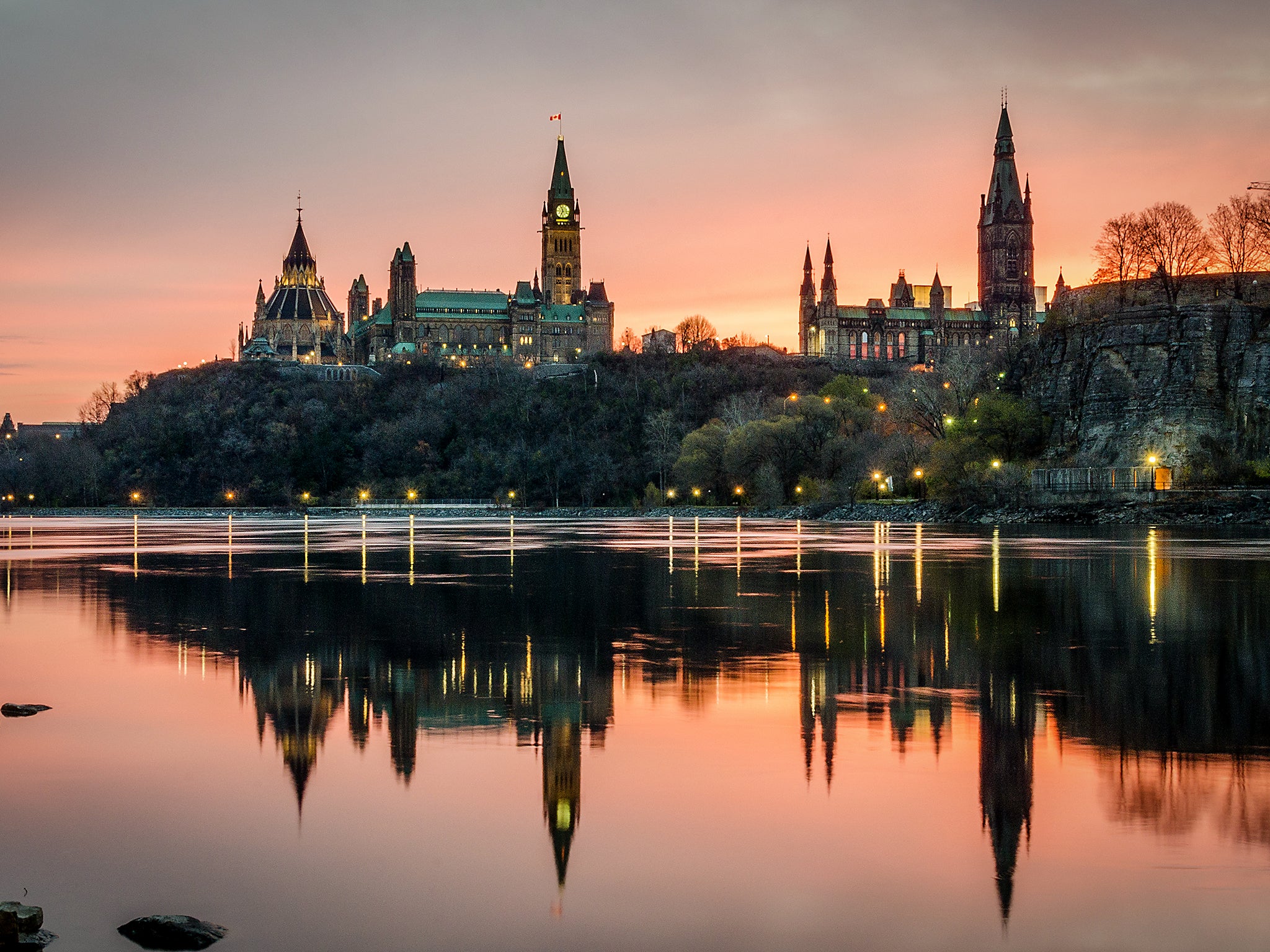87 richest families in Canada have 4,000 times more wealth than average family, report says
'Wealth in Canada is concentrating at the top, with the wealthiest families controlling vast fortunes'

Your support helps us to tell the story
From reproductive rights to climate change to Big Tech, The Independent is on the ground when the story is developing. Whether it's investigating the financials of Elon Musk's pro-Trump PAC or producing our latest documentary, 'The A Word', which shines a light on the American women fighting for reproductive rights, we know how important it is to parse out the facts from the messaging.
At such a critical moment in US history, we need reporters on the ground. Your donation allows us to keep sending journalists to speak to both sides of the story.
The Independent is trusted by Americans across the entire political spectrum. And unlike many other quality news outlets, we choose not to lock Americans out of our reporting and analysis with paywalls. We believe quality journalism should be available to everyone, paid for by those who can afford it.
Your support makes all the difference.The 87 richest families in Canada have 4,448 times more wealth than the average Canadian family, according to a new report.
According to the study, disparities in Canada’s wealth have led 87 of the nation’s richest families to own about the same amount of wealth as 12m of Canada’s lowest earning families. He calculated that the richest families’ net worth – with considerations to properties, cars and savings accounts – amount to $259bn, which is equivalent to the combined wealth of every private citizen in Newfoundland and Labrador, Prince Edward Island and New Brunswick.
David Macdonald, senior economist with think tank Canadian Centre for Policy Alternatives, used research on family incomes from Canadian Business Magazine and Canada’s Survey of Financial Security (SFS) to create the report. He argued that while his report reveals “wealth begets more wealth,” inheritance of generational wealth has a profound influence on the widening of income gaps and wealth inequality.
According to the report’s findings, inheritance is more of a factor of overall family wealth today than it was nearly 20 years ago. In 1999, 45 percent of Canada’s wealthiest passed down their wealth at least one generation, compared to 53 percent who had in 2016, Mr Macdonald reported.
“Wealth concentration is also a product of power and influence, with a disproportionate number of wealthy families having members among the highest-paid CEOs in Canada,” he wrote. “As executive compensation rises, so too does disposable income, which can be further invested. Great wealth begets even greater wealth, and extreme levels of inequality.”
But Mr Macdonald also argued that some of Canada’s public policies have in turn encouraged wealth concentration to the top. As an example, he cited the country’s taxes on capital gains – a profit from a sale of real estate or investment – which are taxed at an inclusion rate of 50 percent. Mr Macdonald argued that "eliminating the 50 percent tax break" and taxing capital gains just like wage income instead could help level the playing field for middle and low income families.
“Income from wealth generally comes in the form of dividends and capital gains, meaning that the wealthiest families pay taxes at much lower rates than had that income come from employment,” he said.
He added: “Wealth in Canada is concentrating at the top, with the wealthiest families controlling vast fortunes. The chasm between those fortunes and the net worth of average Canadians has grown substantially over the past four years.”
Join our commenting forum
Join thought-provoking conversations, follow other Independent readers and see their replies
Comments